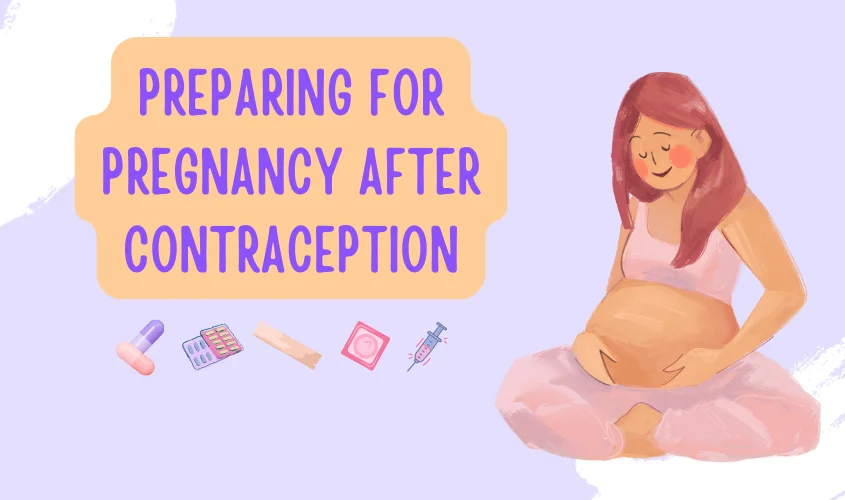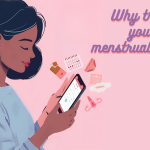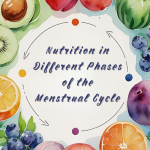
- 08.10.2024
- Planning for Pregnancy
Preparing for Pregnancy After Contraception: What to Expect When Transitioning Off Birth Control
Transitioning off contraception can be an exciting yet challenging time for those planning to conceive. Understanding what to expect during this period is crucial for preparing for pregnancy after contraception. In this article, we’ll explore the changes you may experience and provide essential tips for a smooth transition to parenthood.
Understanding the Transition
When you decide to stop using contraception, your body begins to adjust to hormonal changes. This adjustment may take time, so it is essential to be patient. Knowing what to expect is key to preparing for pregnancy after contraception.
Common Changes to Expect
- Return of Ovulation: After stopping hormonal birth control, ovulation may take time to return. Depending on your method, it could be immediate or take several months. Tracking your cycle with a period-tracking app can help you monitor ovulation signs.
- Menstrual Cycle Changes: Your periods may be irregular for the first few cycles as your body adjusts. Keeping a record can help you understand your new cycle pattern.
- Hormonal Fluctuations: You might experience mood swings, changes in skin condition, or altered libido due to hormonal adjustments. These symptoms are temporary as your body recalibrates.
- Physical Changes: Some women report changes in weight, appetite, or energy levels. Maintaining a healthy lifestyle is crucial during this time.
Tips for Preparing Your Body
- Consult Your Healthcare Provider: Schedule a preconception checkup. Your provider can guide you on the best practices for a healthy pregnancy.
- Adopt a Healthy Diet: Focus on a balanced diet rich in fruits, vegetables, whole grains, and lean proteins. Proper nutrition supports your body’s preparation for pregnancy.
- Stay Hydrated: Drink plenty of water to keep your body hydrated, especially as you prepare for pregnancy.
- Regular Exercise: Engage in physical activity to maintain a healthy weight and reduce stress. Exercise improves your mood and overall well-being.
- Track Your Cycle: Use a period-tracking app to monitor your cycles and ovulation patterns. This will help you identify your fertile window when you’re most likely to conceive.
- Reduce Stress: Find effective ways to manage stress, such as yoga or meditation. A relaxed mind and body can positively impact your fertility.
The Importance of Tracking Your Cycle
Understanding your menstrual cycle is key when preparing for pregnancy after contraception. By tracking your cycle, you gain insights into your fertility and can identify the best times to try for a baby. Many women find that using a dedicated app for cycle tracking simplifies this process.
Conclusion
In summary, preparing for pregnancy after contraception involves understanding your body’s changes and adopting healthy lifestyle choices. By following these tips and being proactive, you can set yourself up for a smooth transition to parenthood.
For more information on the effects of alcohol during pregnancy, you can read our article
Can Pregnancy and Alcohol Mix?.














